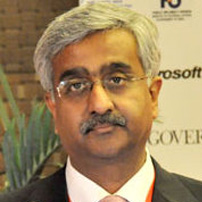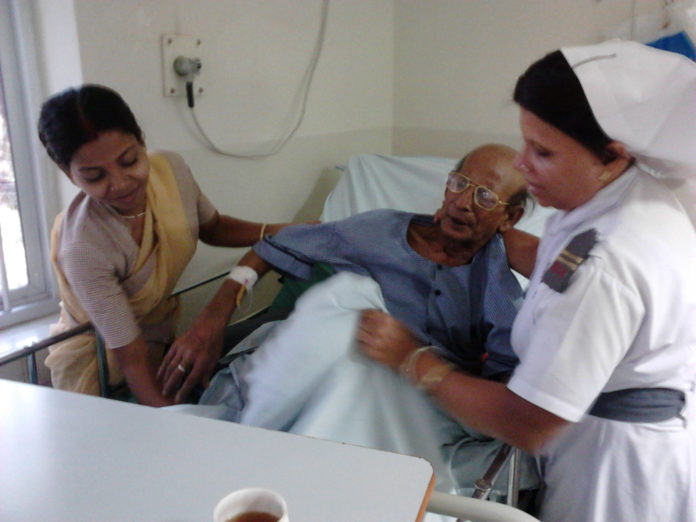Incidents of assaults against doctors happen regularly but fail to generate even a fraction of the present outrage

As the alleged assault on chief secretary Anshu Prakash threatens to catapult Delhi into a political crisis of sorts, one group of people – who were incidentally at one time a part of Prakash’s job description – must be looking askance. Facing assault on the job has, for them, become all but routine.
They are doctors.
Prakash has been principal secretary health in Delhi government and has served as an additional secretary in the Union health ministry too.
How come there is no constitutional crisis when we get beaten up? We are professionals as much as anyone else. But anyone can walk into a hospital, allege negligence and beat us up
As recently as February 22, just one day after the incident at Delhi chief minister Arvind Kejriwal’s residence involving Prakash and a few MLAs, two of whom are currently under arrest, resident doctors were beaten up at Chrisitian Medical College Ludhiana after the death of a 16-year-old girl suspected to be suffering from swine flu. Doctors and staff have written to the administration demanding better security in the hospital but anybody following the goings on in the medical field know that it has happened too many times in the past for anyone to even remotely believe that this is the last time it has happened.
As one doctor working in a Delhi government hospital in Delhi asks: “How come there is no constitutional crisis when we get beaten up? We are professionals as much as anyone else. But anyone can walk into a hospital, allege negligence and beat us up. There is no administrative accountability. How is our security any less an issue than that of the chief secretary?”
Interestingly, while bureaucrats at Players’ Building (Delhi Secretariat) have been on a non-cooperation mode since the incident happened, so much so that the cabinet had to meet the lieutenant governor of Delhi to flag the issue, doctors adopting similar means to protest their breach of security, are threatened with Essential Services Maintenance Act (ESMA).
It is nobody’s case that the assault on the chief secretary was not abominable but the selective outrage on assaults is perhaps yet another reminder how much we have let down the “noble profession”. In all its negatives and commissions or other malpractices, the medical profession has just as much a right to security as does the chief secretary of Delhi.
Right to a safe workplace cannot be hostage to political muscle.


